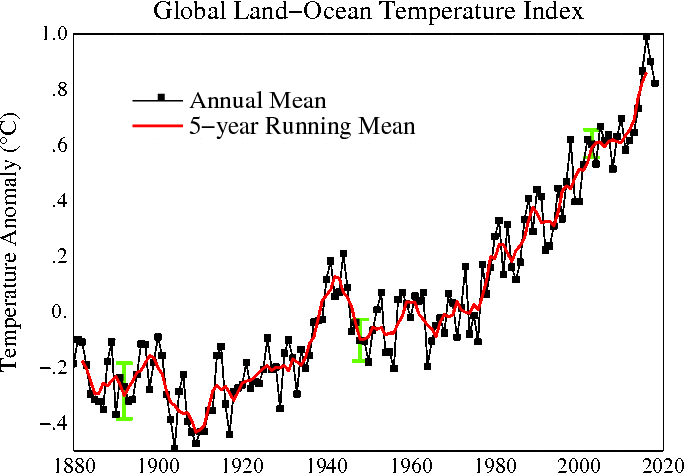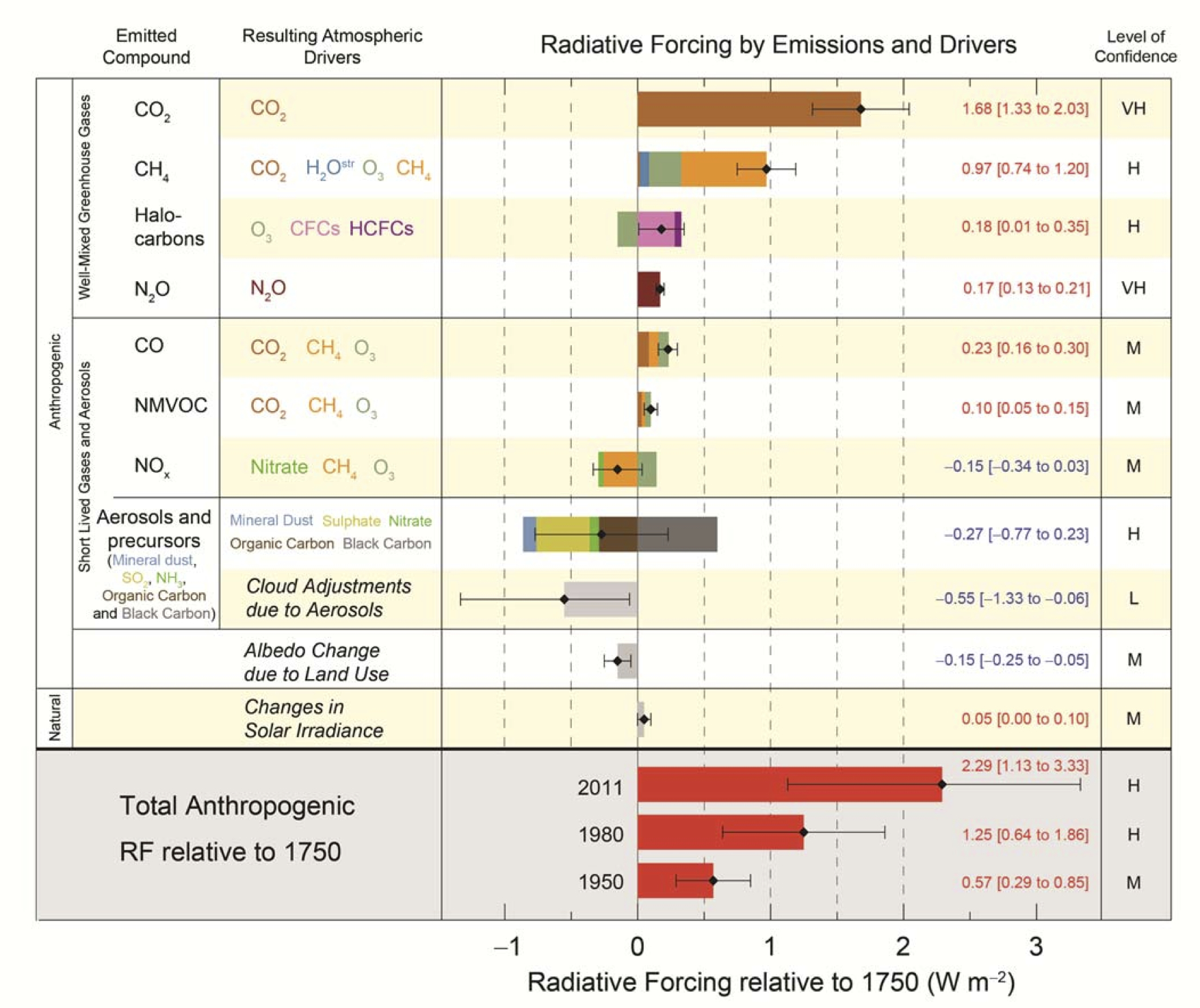Let's discuss Science.
One of the most important learning experiences of my life was in response to a bone-dry and monotone physics professor. I dropped Physics after that first day of class and took Astronomy instead...
Best decision of my college career. I got an incredible professor who gave me the best, hardest won B of my life. More importantly than the math skills, I awoke as a citizen thanks to a captivating lecture on
Galileo, and the intersection of politics and science.
(At the time, like most young people, I was more disposed to the left side of the fence and was feeling pretty good about the Clinton campaign in 1992. Hey, we were all young once.)
The tale of personal peril of a scientist pursuing the truth, risking life and limb from a displeased church in those days, hit me square in the chest, and what Science learned from the episode is critical to its very definition. Let me take a stab at (at least a little) philosophical stringency for the sake of discussion.
First: Science is an
activity: the formal human pursuit of knowledge. Its
methodology is the formal way to organize scientific activity according to the best possible adherence to logical deduction. Humans can engage in a number of activities, most of which aren't 'science.' Even 'scientists' can engage 'science' by relative degrees of quality...we can say some scientists are better than others, or products of science are better than others.
As in many professions, there's often an organized code of behavior adopted by professional peers. If we assume the professional organization is effective in facilitating good scientific output to a degree better than what that society's production of science would be without it, then we can say adherence to the standards of this professional organization are in and of themselves components of quality science. (e.g. publication standards, ethical guidelines, etc.)
What Galileo's story contributed to Science was History's most dramatic vindication of what later became known as
Occam's razor, a principle of assigning Scientific preference among a set of competing theories inversely to the number (or perhaps degree of magnitude) of assumptions required for it to be proven true. Simply put: "the simplest explanation is the 'best.'"
Does the "best" theory indicate its "truth?" Not necessarily. So let's take a moment to examine why Science should "prefer" the simpler theory:
Remembering that Science is a human activity of applying a specific Methodology in the pursuit of "truth," this activity is simply made more efficient by prioritizing the critical examination of good theories.
Remembering we 'test' theories scientifically by trying to disprove them, it's simply more productive to sequence that work by tacking the theories whose assumptions are fewest and easiest to potentially disprove.
If you think I've introduced a 'business-like' metric to the definition of 'good' science, you'd be right. And this conforms to our collective criticism of science, specifically axiomizing why some science is better than "junk science." When does legitimate science leave the reservation and become junk science? When data (perhaps even scientific data) is promoted in a context other than strict scientific methodology. (e.g. "studies show vitamin 'x' helps prevent heart disease"...said study may have been the best data science had to offer at the time, but the huckster selling vitamin 'x' neglects to mention the study is out of date; some scientific journal research would show more recent critical examination the original claim and gives the initial suggestion some pause.)
This gives us the ability to judge Galileo's conduct of Science. While no one at the time was willing to venture too loudly that celestial bodies didn't move according to perfect circles, the Copernican Theory of the heavens, combined with Galileo's telescope data, became the theory of the fewest assumptions, quantitatively the theory of fewest
epicycles.
So far nothing I've said so far should be controversial. While some may elect to take a crack at my conditioning scientific 'quality' according to efficiency of scientific output, I think that's a tough row to how. I doubt many scientist would be prepared to successfully argue otherwise. It's relevant to political discourse because science requires resources, and in our case taxpayer resources. We have a direct motive to judge quality of science ourselves as citizens.
For those willing to concede to this generally agreeable consensus of measuring relative scientific quality, I claim the following conclusions become inescapable:
Contemporary Liberal politics has corrupted Environmental Science in a fashion not unlike Galileo's day when church politics corrupted the conduct of Astronomy---scientific progress subverted by political motives.
Professionals in environmental scientists have abandoned the course dictated by the Scientific Method and Occam's razor to purport a theory of anthropogenic global warming to such a degree that it's a political objective of popular conversion rather than a set of assumptions to be sequenced for critical testing, using science's best resources to disprove.
Having inconveniently defied its original computer model prophecies, we are left with a 'theory' whose only hope of remaining in the course of scientific discourse is by answering this question:
"What would it take to disprove the assertion?"
"Environmentalists" of the 'Climate Science' persuasion, the burden of proof is now upon you.
In what respect is a 'scientific' theory of anthropogenic global warming falsifiable?
Settle it, if you can.

